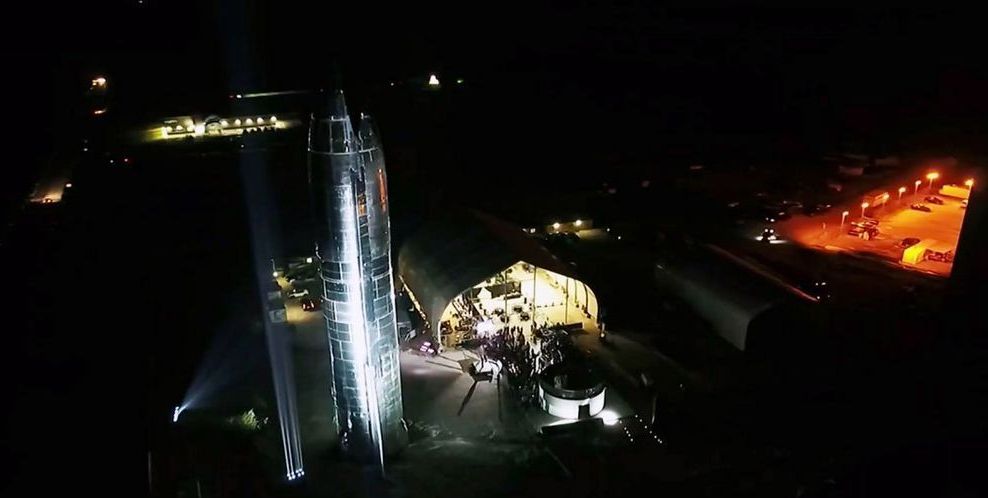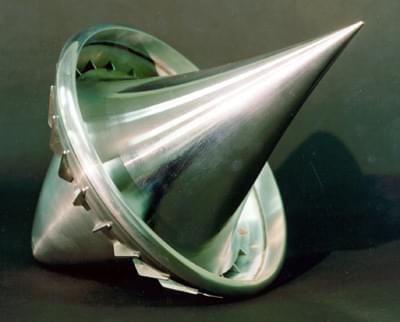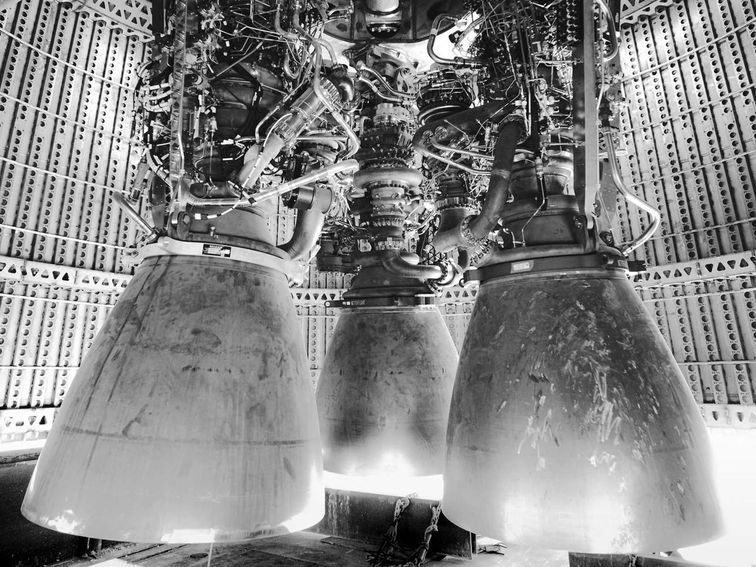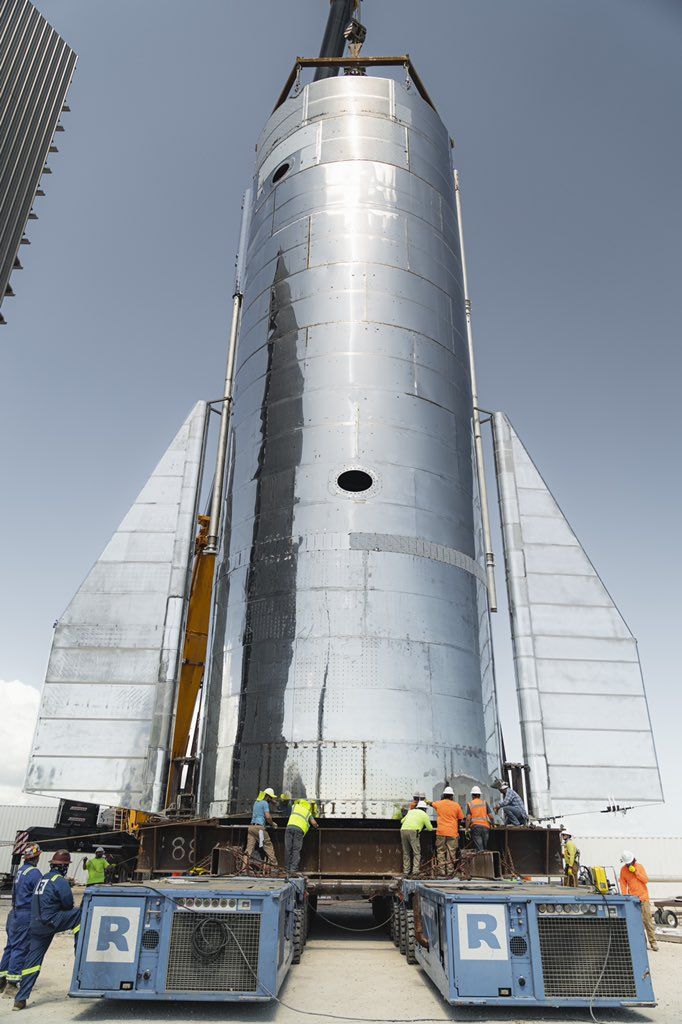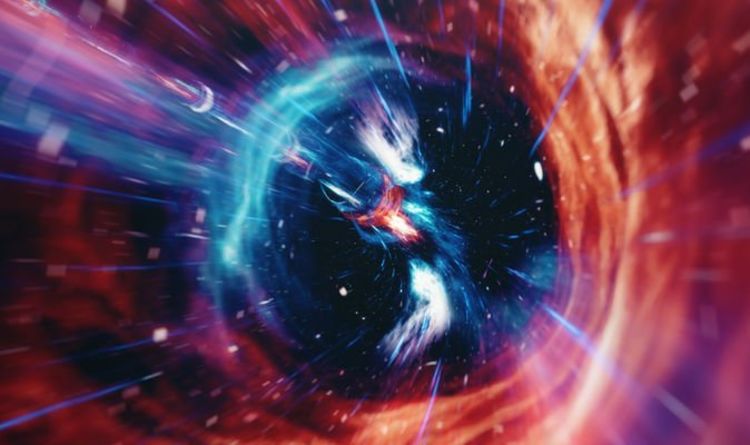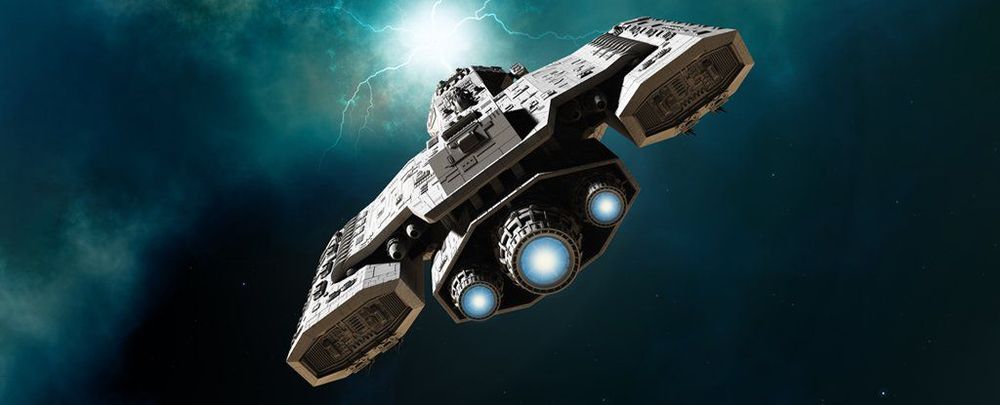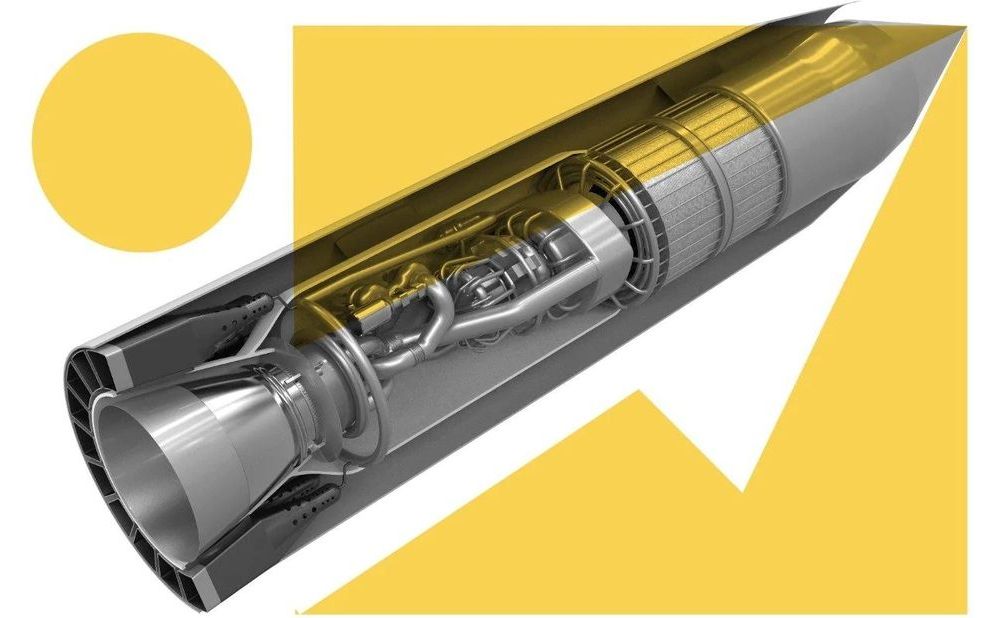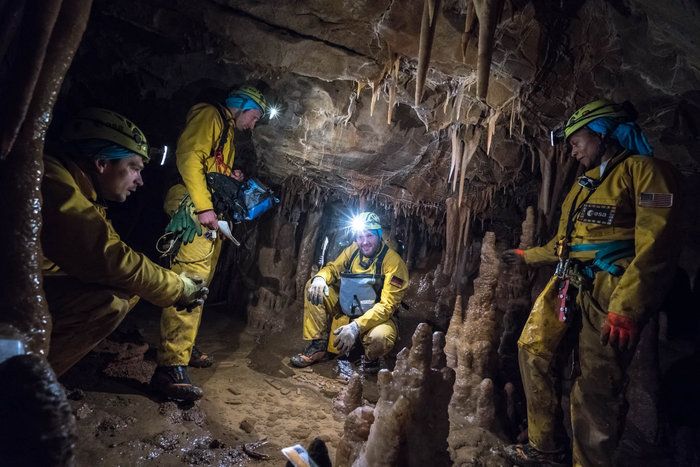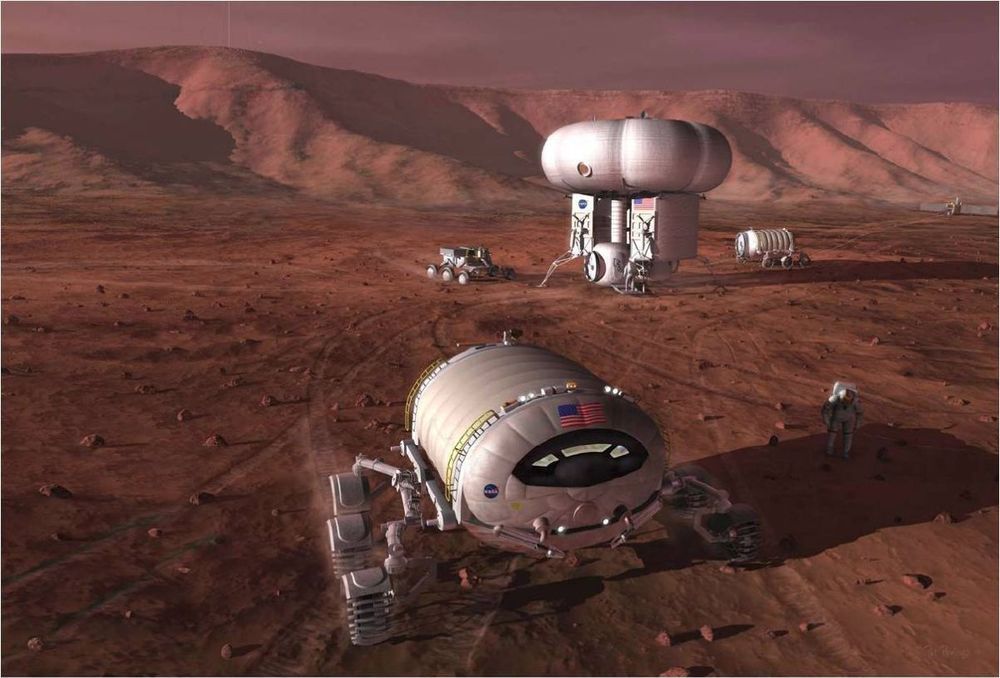This latest design has held to the present day; SpaceX is still shooting for a 387-foot-tall Starship-Super Heavy stack, with six Raptors on the spacecraft. The number of engines on Super Heavy could vary from flight to flight; Musk said the rocket has space for up to 37 Raptors, and each mission will probably require at least 24.
With the design nailed down, SpaceX plans to move fast. The company wants to reach Earth orbit with a Starship prototype in about six months. And people could start flying aboard the vehicle in the next year or so if the test program continues to go well, Musk said.
While Musk and SpaceX have been lauded by their ambitious push for a Starship capable of deep-space travel, the road has not always been smooth.
